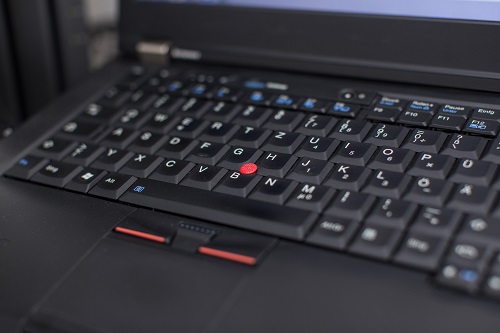Source: University of Waikato
Lockdown has amplified the digital divide between those who have easy access to devices and the internet and those who don’t, so the University of Waikato has teamed up with PB Tech and 2degrees to bridge the gap.
As New Zealand was plunged into Alert Level 4 on 17 August, the University transitioned 12,000 students to online learning.
Not all students have easy access to devices or the internet however, so alongside 2degrees and PB Tech, the University has sent out 14″ Lenovo Chromebooks and internet dongles, while 2degrees has provided mobile internet plans to ensure students remain connected.
The University has paid for the goods, while PB Tech and 2degrees have provided and shipped them at drastically reduced prices.
University of Waikato Chief Information Officer, Eion Hall, says it is well recognised that one of the major barriers to learning is digital access and while that was bridged while students were on campus, studying from home is entirely different.
“I think an internet connection is a basic human right in a modern society and we know how important it is not only for learning but for students’ mental health to remain connected during these times.
“PB Tech and 2degrees have been amazing to work with during this lockdown and the lockdown we faced in 2020,” he says.
During last year’s lockdown 790 students received either a Chromebook, internet connection or mobile plan. Of those, more than half, 485, were Māori or Pacific students. In 2020 a total of 466 students received Chromebooks; 331 of these students were Māori or Pacific. To date, in this lockdown, more than 30 devices and connections had been sent out to students.
Dr Sarah-Jane Tiakiwai, Deputy Vice-Chancellor Māori, said a survey of students in 2020 had highlighted the digital access issues they faced.
For Māori students at home in lockdown they often had multiple people and generations in households and mature students were also dealing with homeschooling their children.
“Over the last few weeks, we’ve seen our Māori students and even staff rationing devices because they are trying to share them when kids have got school,” Dr Tiakiwai said.
“There is also the issue that when you have multiple devices online with parents working and children online for schooling, internet connections are particularly slow,” she said.
The 2020 survey had also discovered students were using their phones for hotspots.
“That’s where 2degrees really helped with the mobile plans. Between PB Tech and 2degrees they provided a range of solutions for us which was amazing. It hasn’t been one size fits all, but through them we have been able to be responsive to our students.”
So far Chromebooks and connections had been sent out to 30 students across Waikato, Bay of Plenty, as well as the wider North Island and South Island.
PB Tech Head of Government and Health, Peter Bull, says PB Tech is delighted to support the University in its initiatives to close the digital divide.
“Access to education and a sense of normalcy is more critical than ever in Alert Level 4, especially to help maintain a connection to the outside world in lockdown. We’re glad to be able to play a part in keeping students who need it connected,” he says.
2degrees Chief Business Officer Andrew Fairgray said it was a no-brainer to support the initiative.
“We are delighted to play a role in making sure all students from the University of Waikato are able to stay connected during lockdown. At 2degrees we fight for fair for New Zealand every day, and in the spirit of fair we wanted to make sure every student was able to continue with their studies remotely and stay in touch with their loved ones.”



